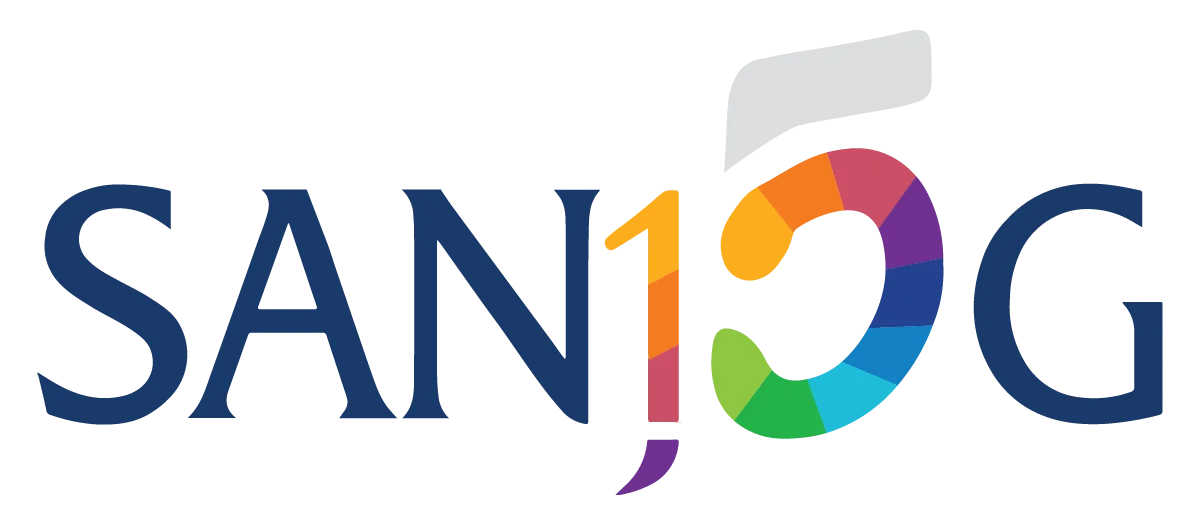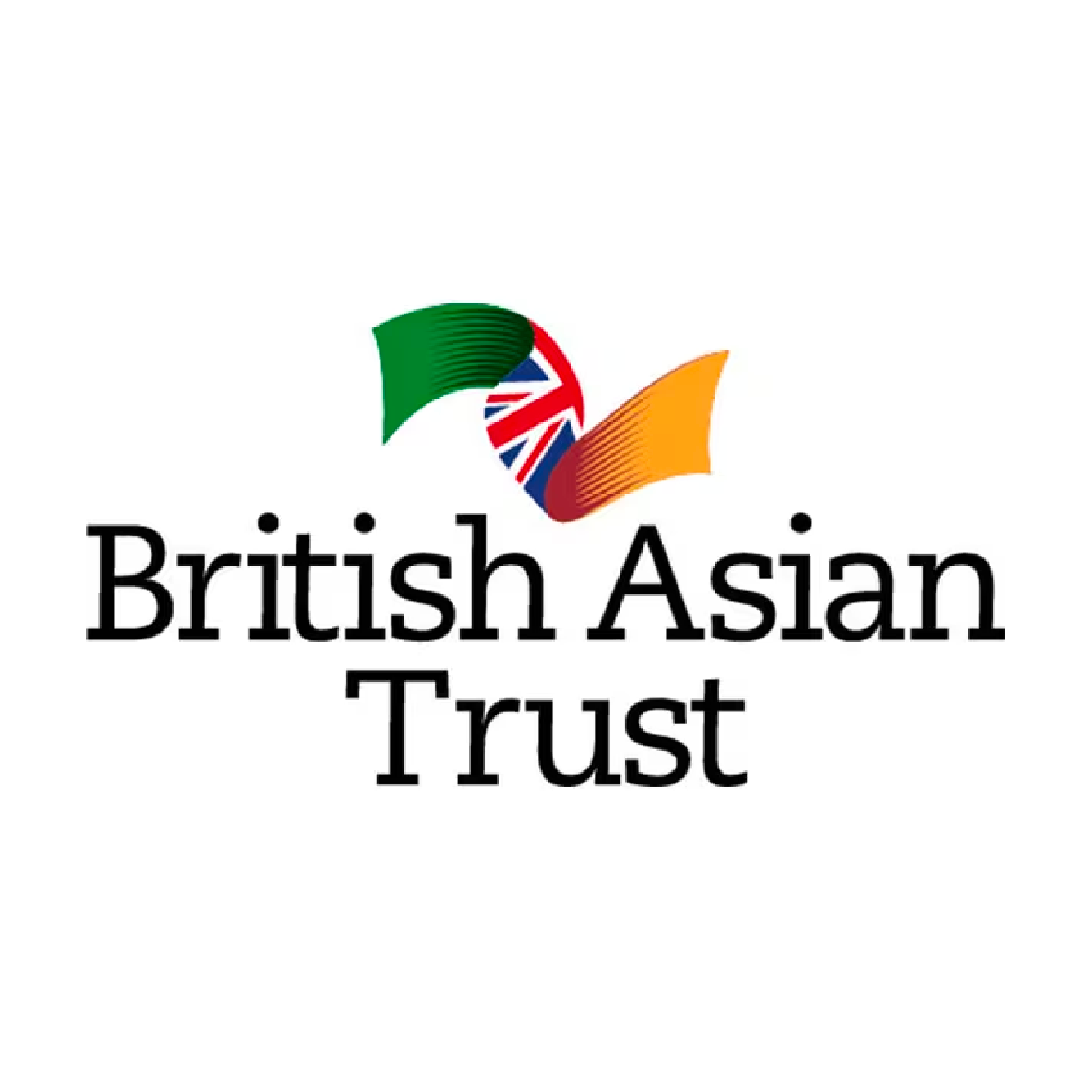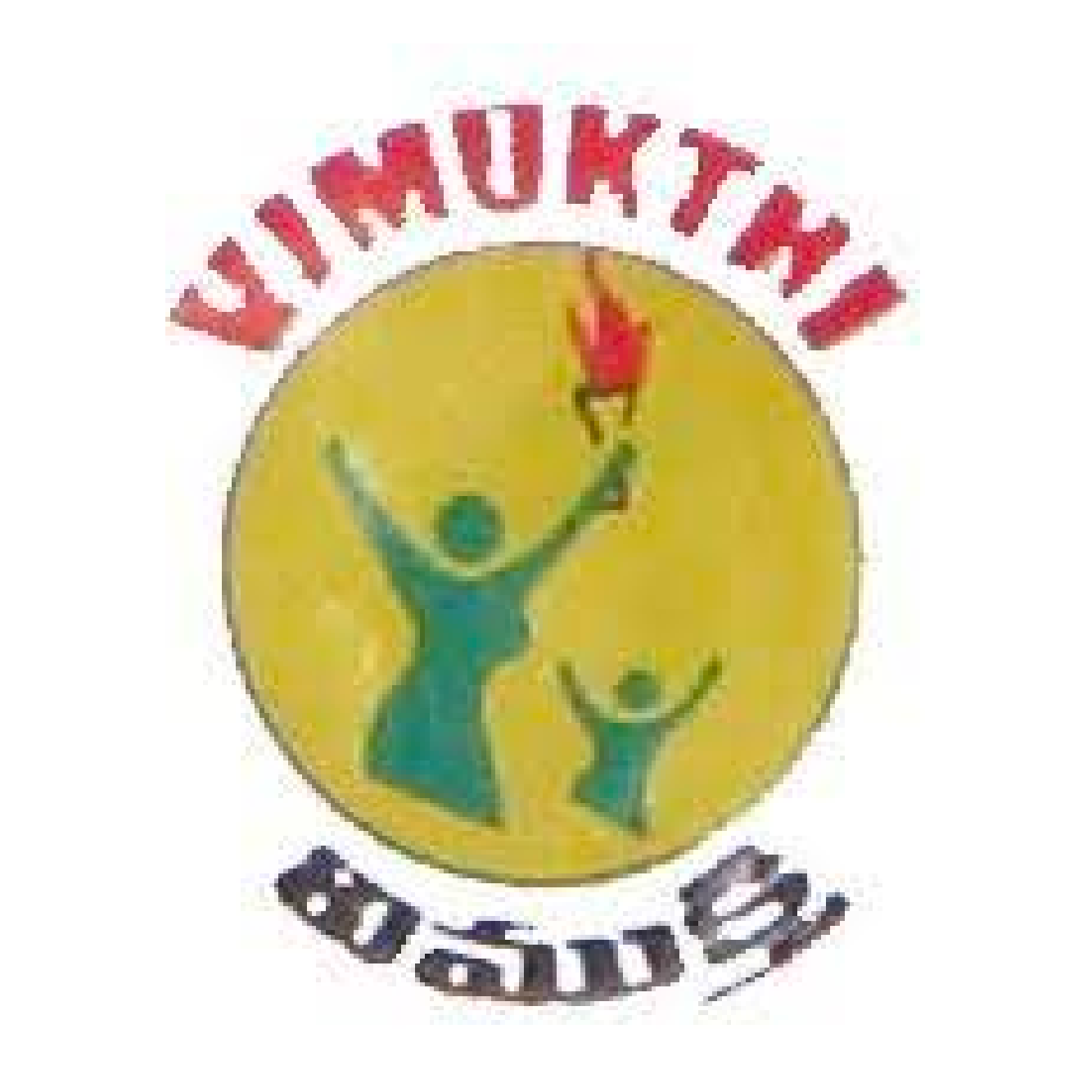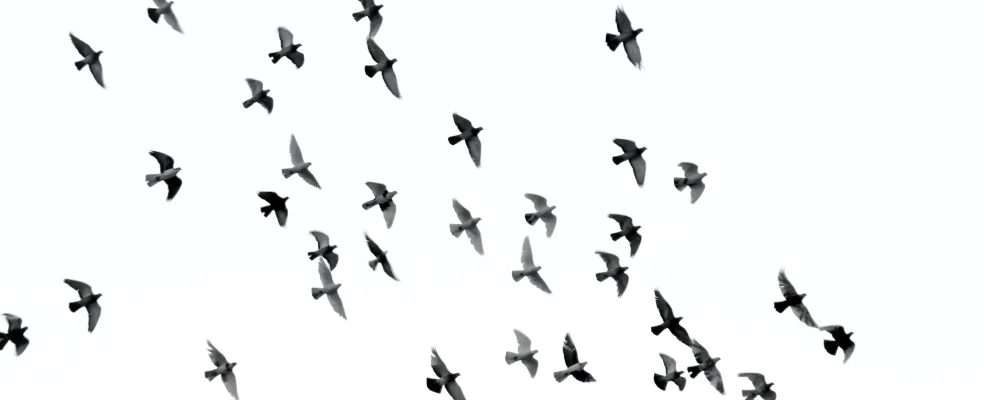Leadership development for victims of violence
Across societies around the world, protectionism and welfare are instinctive approaches to engaging with victims of violence. Abuse against a person instantly triggers sympathy and protectionism in others, triggering behaviour that encourages protecting the victim from further violence and abuse. Sometimes, it also leads to these people taking on the oppressors on behalf of the victim and also helping victims recover from injuries and rehabilitate themselves. This behaviour of protectionism discounts the victim’s agency that might also have their inner resources, powers, desires and aspirations. The State and civil society organisations inadvertently invalidate their choice-making in their recovery and rehabilitation, deciding on their behalf what is appropriate and inappropriate for them.
Sanjog believes that people become victims of exploitation and oppression because of their vulnerable circumstances and neglect. Victimhood is often self-perpetuating wherein people who have been victims of violence and exploitation also find it difficult to restore their power, agency and confidence and drive their journeys of self-actualisation. Leadership Next seeks to reverse this through Leadership Next. It is based on the principles of social group theories and focuses on both individual and collective leadership development. While the purpose and long-term objectives and identities of the groups may emerge differently for each group, Sanjog’s aim from this programme is to build pedagogy on Leadership Development with people and groups who have been victims of violence and exploitation.
Turning survivors into leaders
Sanjog initiated Leadership Next in 2016 with a group of survivors of sex trafficking. This in turn led to the creation of the first survivor collective Utthan (emergence), in Bengal. In 2020, Sanjog started to support SAANS (breath), a collective of survivors of labour trafficking in Chhattisgarh.
Helping survivor collectives grow
Sanjog is committed to supporting and facilitating Utthan and Saans’ growth as collectives, and to empower them to achieve stages of maturation, action and actualisation of purposes. The expectations of change from these projects are that these collectives and their members will find resources in themselves, within their collectives, families and communities, to realise their psychological and social potential. This will play out in their personal and professional choices and actions, and empower the collectives as agents of change in their context and the larger macro system.
As a result of both collectives comprising survivors of human trafficking, Leadership Next put emphasis on the following outcomes:
- Utthan and Saans become independent social actions groups of survivors of human trafficking, building their influence and creating impact in their communities that are relevant and sustainable
- A stronger participation of survivors of human trafficking in development and monitoring of policies on human trafficking
- A strengthened membership in decision-making spaces with regard to anti trafficking funding and accountability of financiers and service providers
- Better alignment between services provided by anti trafficking NGOs and rights and entitlements of survivors for their recovery, reparation, rehabilitation and right to justice




